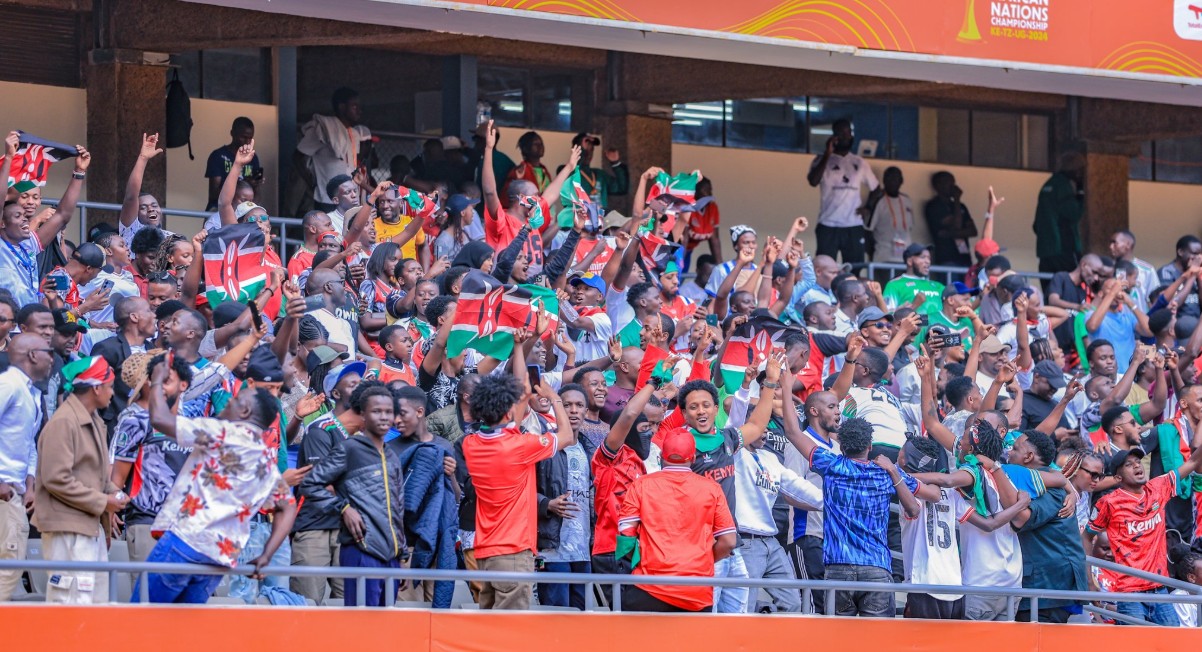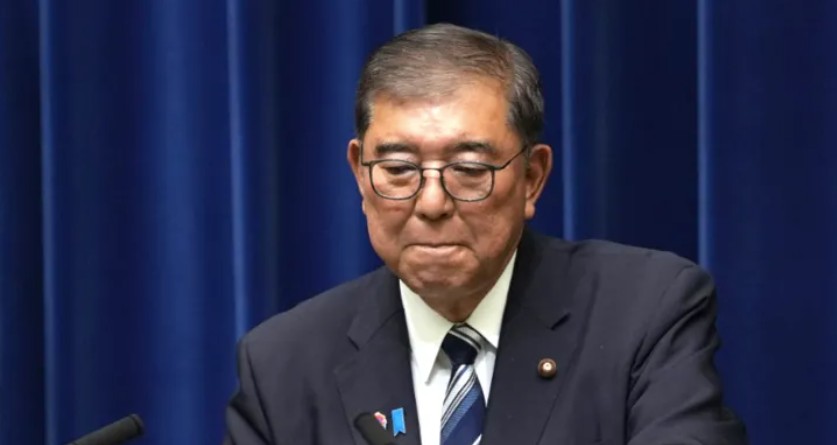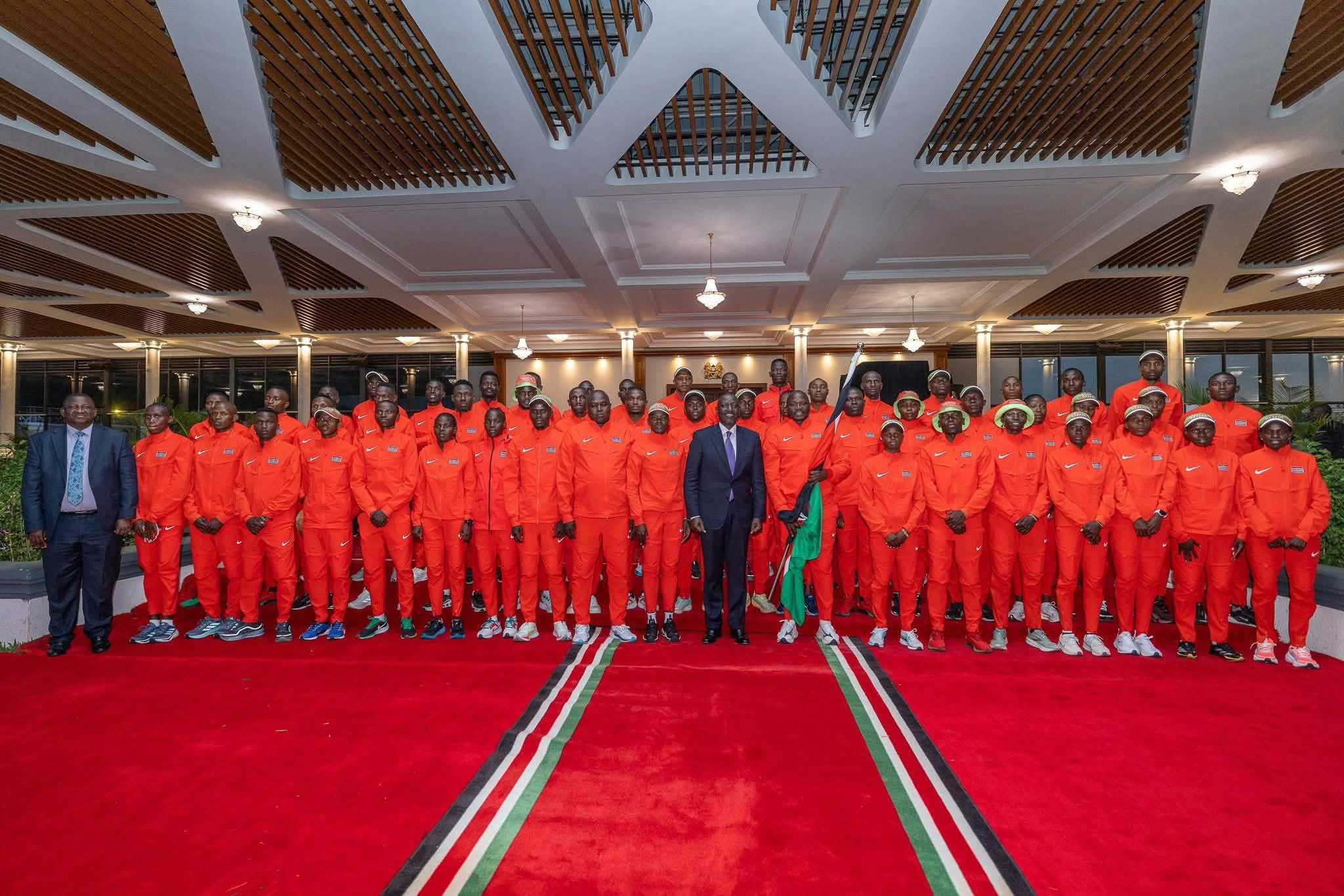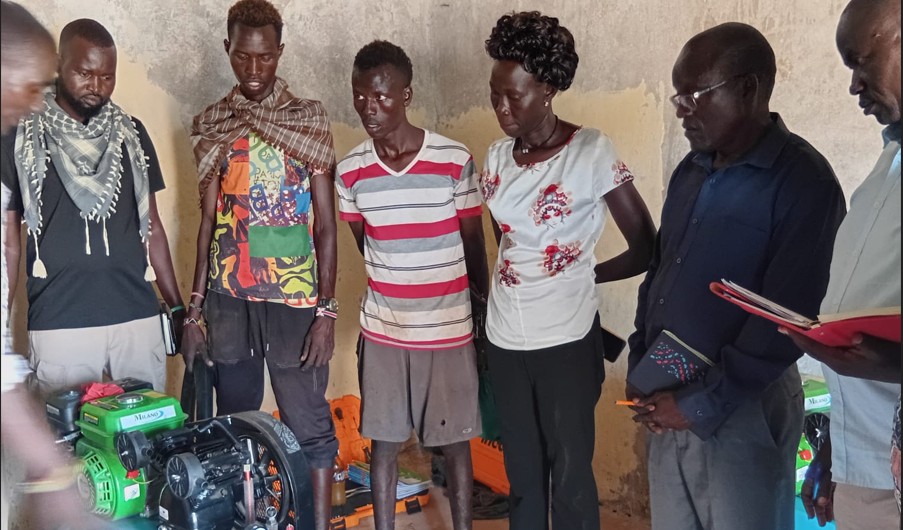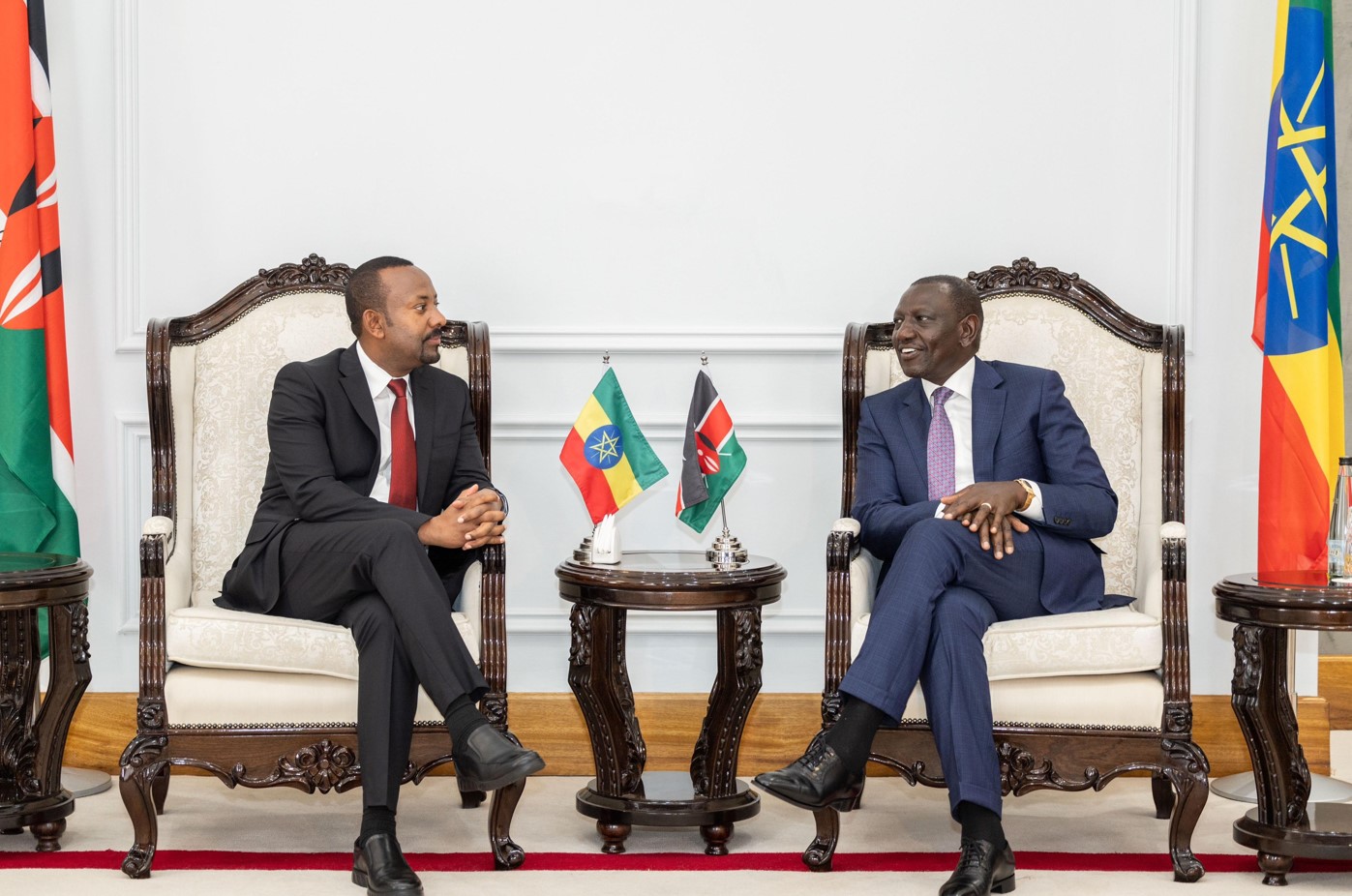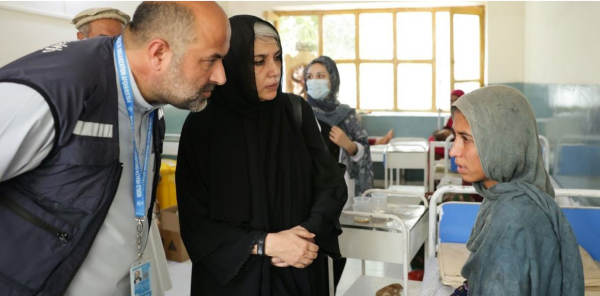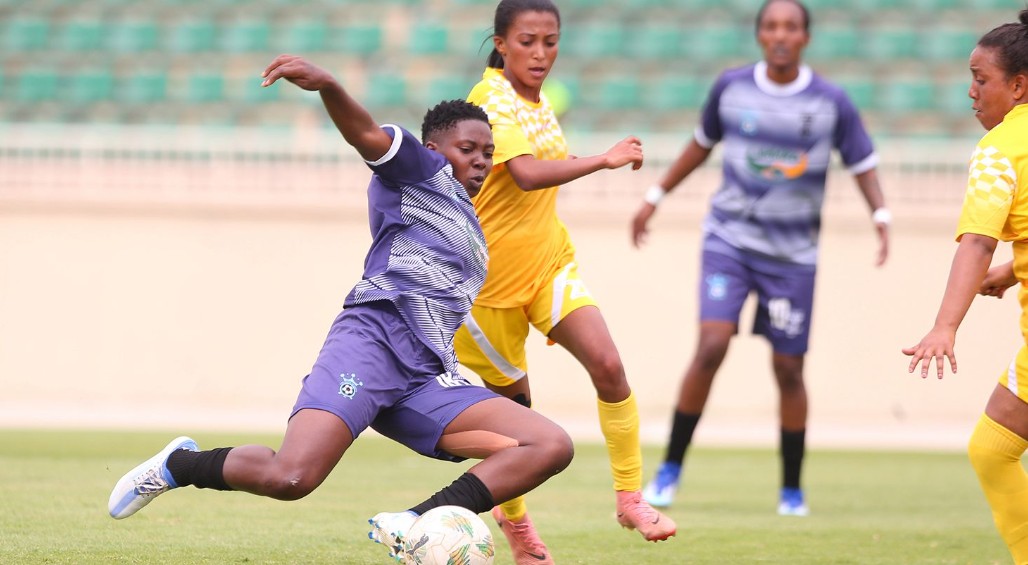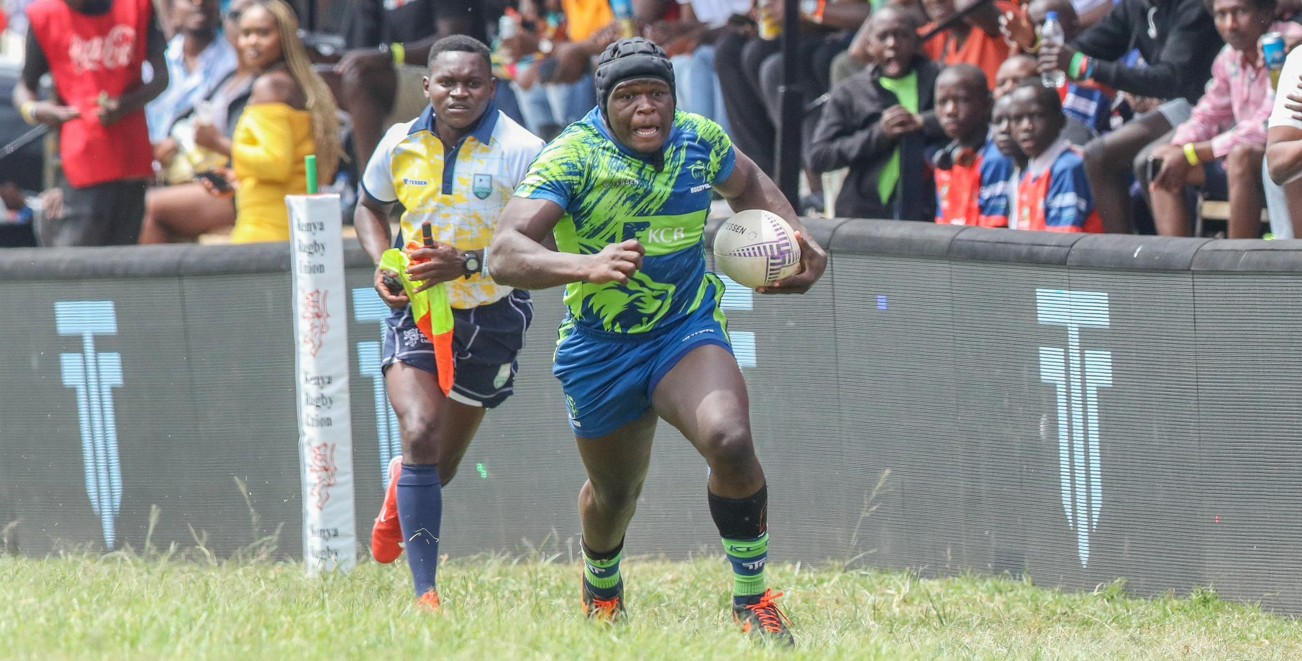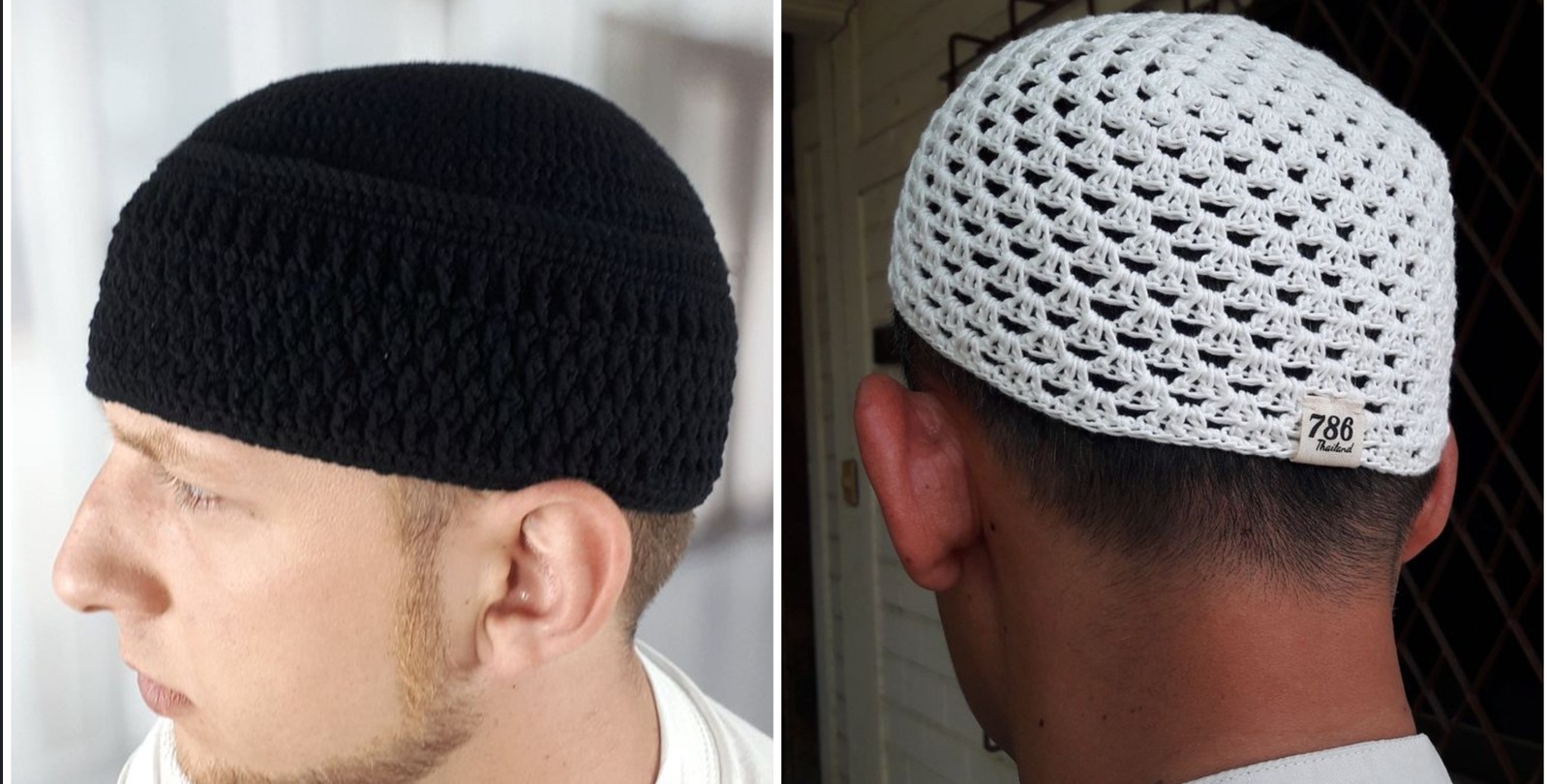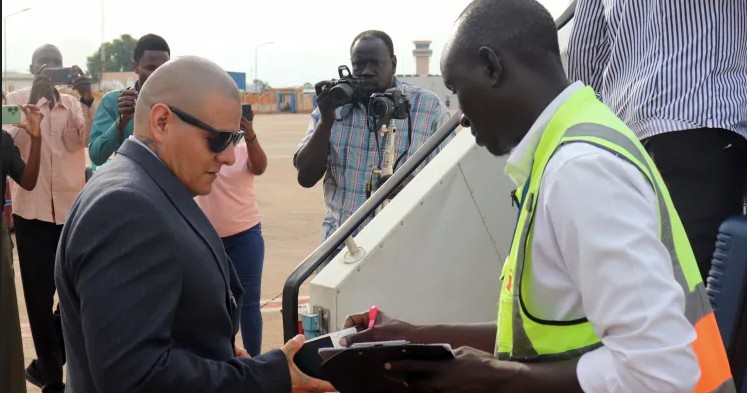Kenyan protesters are demanding President Ruto be removed – what the law says about how that could happen
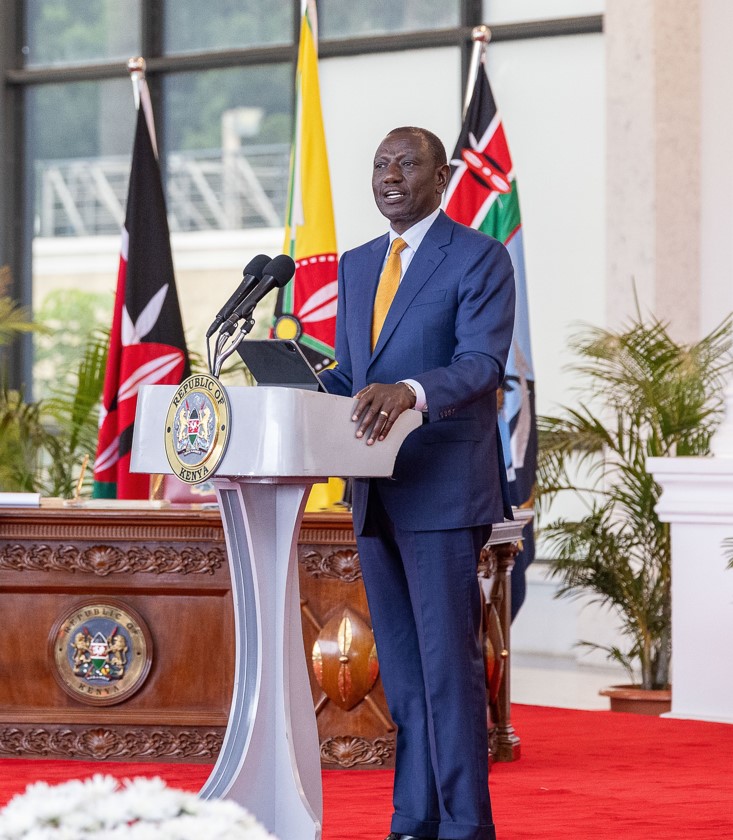
The process can be lengthy and complicated. However, as Kenya is a democracy, those who believe that Ruto has failed them as president can deny him a second term in the country’s next general election in 2027.
In June 2024, many Kenyans took to the streets to protest what they believed were punitive taxes imposed by President William Ruto’s government. Though the president caved in and withdrew the contentious Finance Bill 2024, protesters are unmoved and now insist that he leave office.
No Kenyan president has ever been removed prematurely from office.
More To Read
- Union demands full implementation of Ruto’s directive on UHC staff absorption
- Nairobi women caucus fault Ruto, Raila for scuttling Sakaja's impeachment
- LSK President Faith Odhiambo vows victim-centred justice for protest and riot victims
- Legal experts warn top politicians against saving governors from impeachment
- Maraga urges President Ruto to order withdrawal of Jubaland forces from Mandera
- 60 per cent of Africans don’t believe democracy is working in their interests - how parliaments can fix the problem
The opposition, led by the Azimio La Umoja Coalition, set out to collect 10 million signatures in 2023. This was part of an effort to pressure Ruto to step down. This signature-gathering effort, however, has no constitutional relevance to the removal of a Kenyan president from office.
Kenya’s democratic constitution is quite clear on how a sitting president can be removed from office. As a legal expert and economist who studies the rule of law and democratisation in Africa, I outline what the law says about how Ruto could, in theory, be removed from office.
The constitution of Kenya guides the process. There are only two legal routes to remove a president before the end of his or her term: on the grounds of incapacity (Article 144) or impeachment (Article 145).
The process can be lengthy and complicated. However, as Kenya is a democracy, those who believe that Ruto has failed them as president can deny him a second term in the country’s next general election in 2027.
Removal on grounds of incapacity
The removal of a president from office because he or she no longer has the physical or mental capacity to perform the functions of the office may be carried out by a majority of the 349 members of the Kenyan National Assembly, which is one of two houses of parliament.
First, a member of the national assembly, who is supported by at least 25 per cent of all the members, can move a motion to investigate the president’s physical or mental capacity to perform his or her constitutional functions.
If that motion is supported by a majority of all members of the national assembly, then the speaker can inform the country’s chief justice of the resolution within two days.
After receiving notice of the resolution, the chief justice or deputy chief justice has seven days to appoint a special tribunal to investigate the matter.
The special tribunal must consist of five individuals. These are three qualified Kenyan medical practitioners, one advocate of the high court and an individual nominated by the president.
The report of the tribunal must be submitted to the chief justice and the speaker of the national assembly within 14 days. The report is considered final and is not subject to appeal (Article 144(8)).
The speaker must then table the report before the national assembly within seven days.
If the tribunal concludes that the president can’t perform the functions of his or her office, the national assembly must vote on whether to ratify the report. If the majority votes to ratify the report, this will automatically result in the president’s removal from office.
Removal by impeachment
A member of the national assembly may move a motion to impeach a sitting president. The motion must be supported by at least one-third of all members (Article 145(1)).
A sitting president may be impeached on the grounds of a gross violation of a provision of the constitution or of any other law where there are serious reasons for believing that the president has committed a crime under national or international law for gross misconduct.
If the motion to impeach the president is supported by at least two-thirds of all 349 members of the national assembly (or at least 232 members), the speaker then transmits the resolution to the speaker of the senate (the upper house of parliament) within two days.
Within seven days of receiving the notice of the impeachment resolution from the speaker of the national assembly, the speaker of the senate must call the senate to order to hear and investigate the charges against the president.
The Senate may pass a resolution to appoint a special committee, which is made up of 11 of its members, to investigate the charges against the president. The special committee has 10 days to investigate the matter and report to the Senate.
The president and his or her legal counsel are allowed to appear before the special committee during investigations. If the special committee determines and reports to the Senate that
the particulars of any allegation against the President — (a) have not been substantiated, further proceedings shall not be taken under Article 145 in respect of that allegation; or (b) have been substantiated, the Senate shall, after according to the President an opportunity to be heard, vote on the impeachment charges.
If at least two-thirds of the 67 members of the Senate vote in favour of upholding any of the impeachment charges, the president’s mandate will be terminated.
The likelihood of the opposition securing the numbers needed to get these processes going are slim. Presently, of the 349 seats in the national assembly, 179 are held by the government, 158 by the opposition and 12 by independents. In the Senate, the government and opposition each hold 33 seats, with one seat being vacant.
Once a president is removed
What would happen should the Senate convict and remove the president from office? The constitution says the deputy president shall assume office for the remainder of the term of the president (Article 146(2)).
However, if the deputy president is unable to assume the office of president, the speaker of the national assembly shall serve as president. An election for president must then be held within 60 days after the vacancy is created (Article 146(2)(b)).
Democracy and the rule of law
To safeguard against opportunistic interference with the ability of a democratically elected president to perform his or her functions, Kenya’s constitution defines and enshrines very specific grounds for the removal of a sitting president.
Popular discontent or dissatisfaction with the performance of the president isn’t one of these grounds.
The mass protests against the Ruto regime are an expression of Kenyans’ frustration and dissatisfaction with the performance of their government.
While Kenyans, through their elected officials, have the tools to terminate the president’s mandate early, they might want to seriously consider the consequences this would have on their democracy in general and future administrations in particular.
Ruto has been in office for less than two years. Civil society and the protest movement might want to adopt a more constructive approach that seeks increased participation in policy design and implementation. Additionally, Kenyans can exercise their right to oust the regime in 2027 by denying it the votes that it needs to be re-elected.
Top Stories Today


